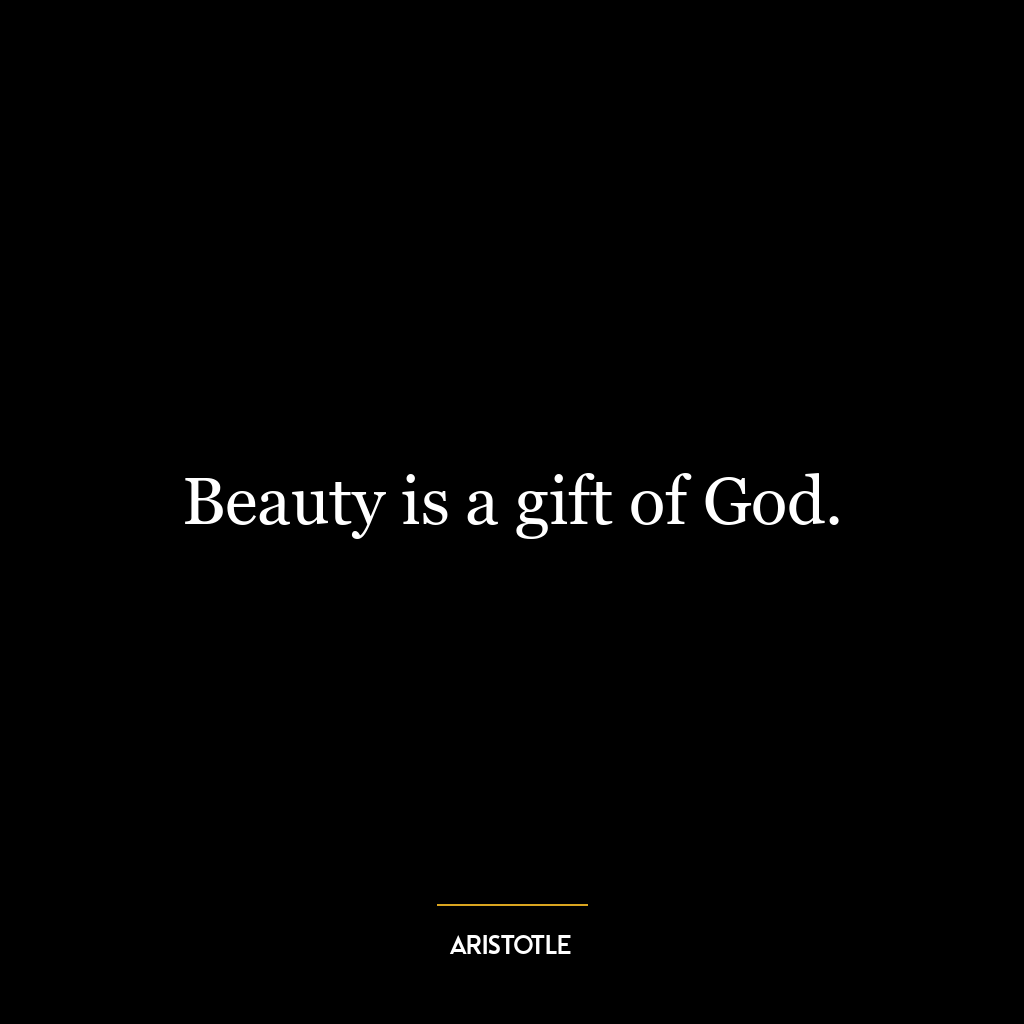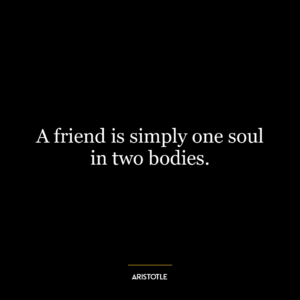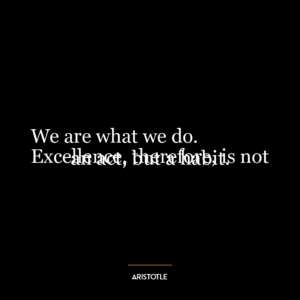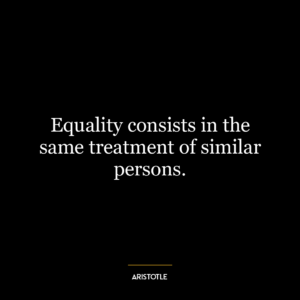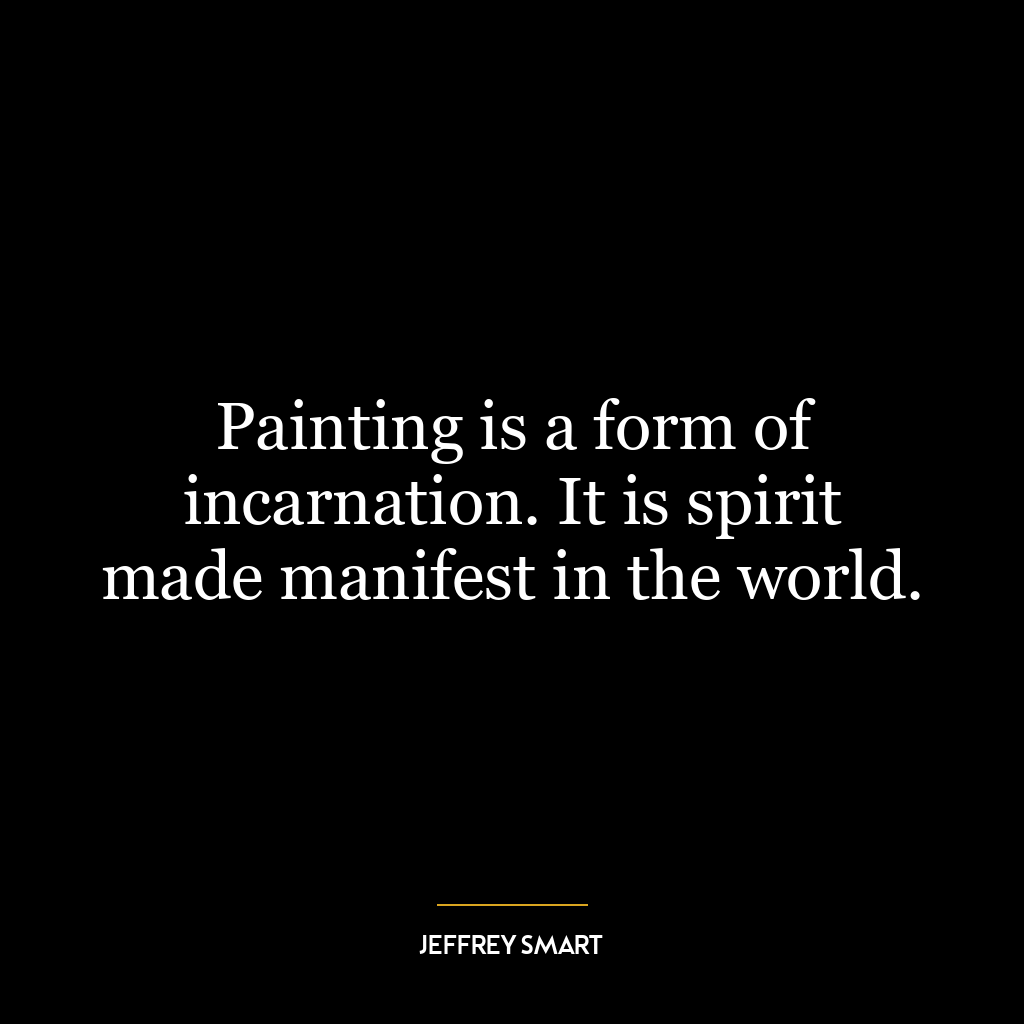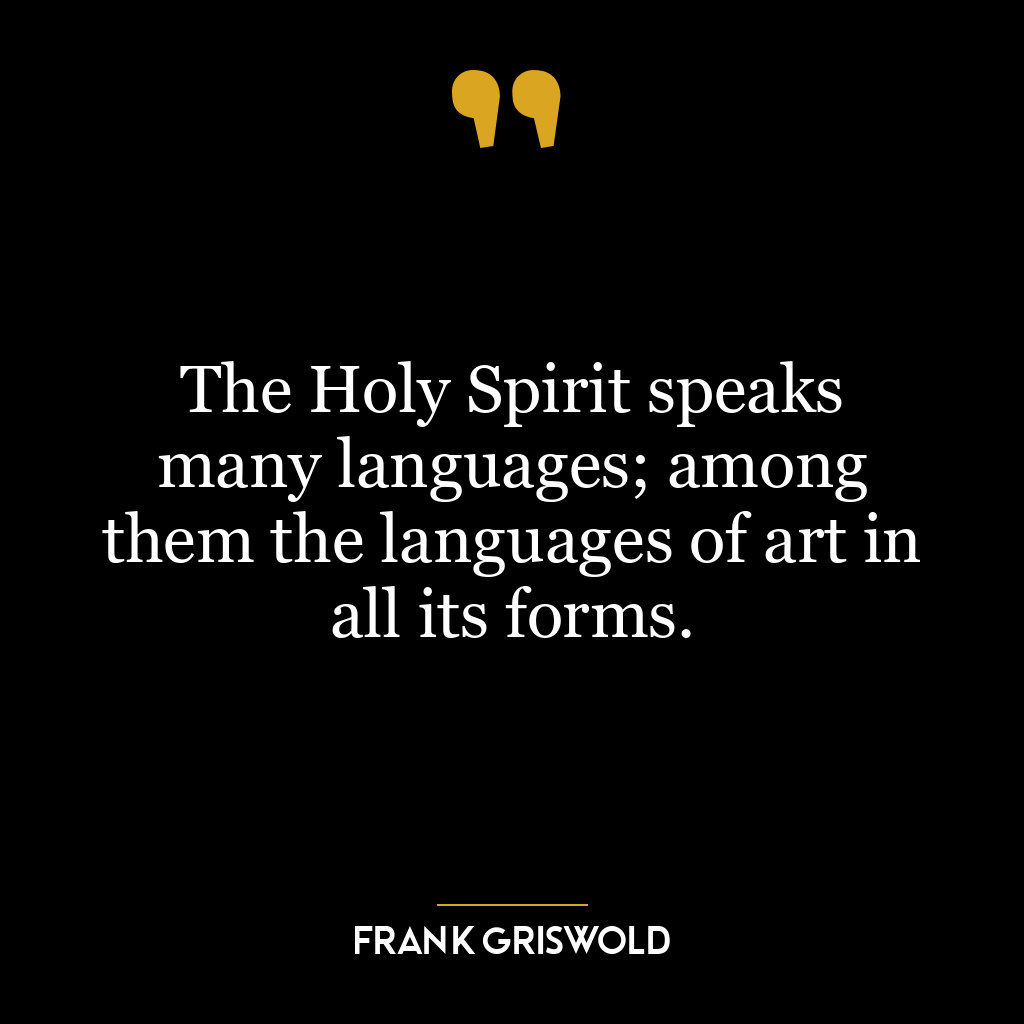“Beauty is a gift of God” is a profound statement that encapsulates the idea that all forms of beauty, whether it’s in nature, in people, or in art, are divine gifts bestowed upon us. This quote suggests that beauty is not a man-made construct, but something that is inherently present in the world, gifted to us by a higher power. It is an inherent quality that transcends physical appearances and materialistic possessions.
The beauty Aristotle refers to is not merely physical attractiveness but encompasses moral beauty, intellectual beauty, and beauty of the soul. It’s about appreciating the aesthetics of life in all its forms, recognizing the inherent beauty that resides within every individual, and acknowledging the beauty that exists in kindness, love, compassion, and other virtues.
In today’s world, this quote is particularly relevant as society often places an excessive emphasis on physical beauty, largely driven by social media and celebrity culture. Aristotle’s quote serves as a reminder to shift our focus from superficial beauty to the beauty that lies within, the beauty that is a divine gift. It urges us to appreciate the beauty in everyday life, in the kindness of strangers, in the love of our family, in the laughter of friends, in the tranquility of nature, and in the pursuit of knowledge.
In terms of personal development, this quote can guide us to cultivate a deeper sense of appreciation for the beauty around us and within us. It encourages us to develop our inner beauty—our character, our values, our kindness, and our intellect. It also prompts us to seek beauty in our relationships, in our actions, and in our thoughts. Furthermore, it can inspire us to create beauty through our work, whether it’s in arts, sciences, or any other field.
Overall, the quote “Beauty is a gift of God” by Aristotle inspires us to recognize, appreciate, and cultivate beauty in all its forms, reminding us that true beauty goes beyond physical appearances and is, indeed, a divine gift.

